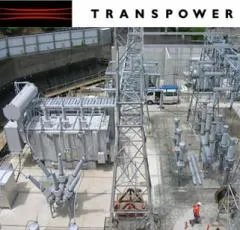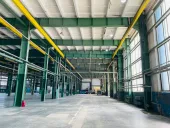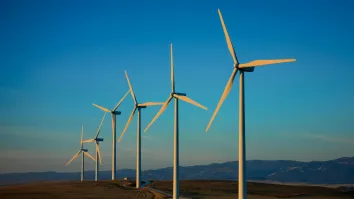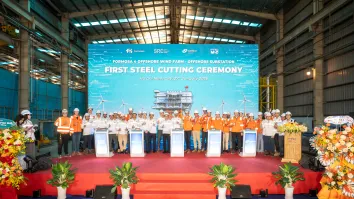
Transpower signs contracts for major Auckland project
Transpower has signed cable manufacturing and installation contracts worth $173 million for its North Auckland and Northland Grid Upgrade project.
The project, which will cost up to $500 million, involves installing 37km of 220 kV underground cabling from Pakuranga to Albany, and building new substations at Hobson Street in downtown Auckland and Wairau Road on the North Shore.
The successful tenderers, Olex Cables and Nkt/BBUGL, are all extremely experienced in the production and installation of extra high voltage cables.
Work will now begin on manufacturing the underground cable with the first cable deliveries expected in late 2011. The circuit consists of three separate cables, each about 160mm in diameter. The cable comes on large drums, each containing 600m of cable and weighing 24 tonnes. Construction work, in preparation for the cable arrival, will begin in mid-2011.
Commissioning of the NAaN project is targeted for 2013, a year earlier than Transpower’s original schedule.



















 Advertise
Advertise







